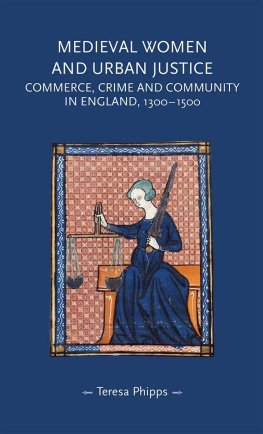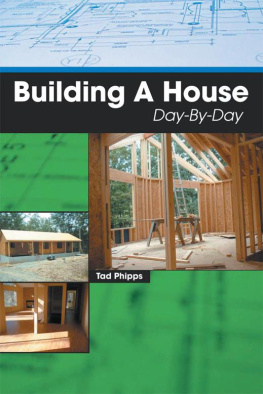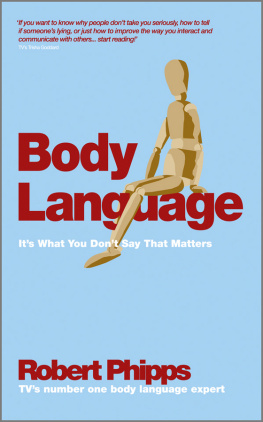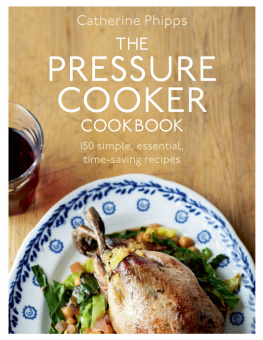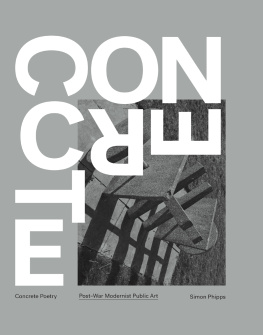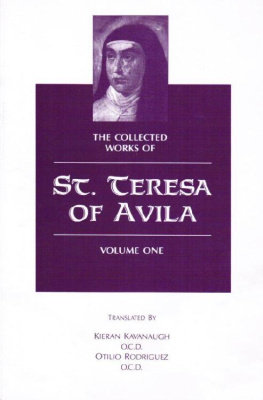Litigating Women
This edited collection, written by both established and new researchers, reveals the experiences of litigating women across premodern Europe and captures the current state of research in this ever-growing field.
Individually, the chapters offer an insight into the motivations and strategies of women who engaged in legal action in a wide range of courts, from local rural and urban courts, to ecclesiastical courts and the highest jurisdictions of crown and parliament. Collectively, the focus on individual women litigants rather than how women were defined by legal systems highlights continuities in their experiences of justice, while also demonstrating the unique and intersecting factors that influenced each womans negotiation of the courts. Spanning a broad chronology and a wide range of contexts, these studies also offer a valuable insight into the practices and priorities of the many courts under discussion that goes beyond our focus on women litigants.
Drawing on archival research from England, Scotland, Ireland, France, the Low Countries, Central and Eastern Europe, and Scandinavia, Litigating Women is the perfect resource for students and scholars interested in legal studies and gender in medieval and early modern Europe.
Teresa Phipps is a social historian of late medieval England and Wales, interested in women, law, and urban society. Publications include a monograph on women and justice in late medieval English towns (2020), a volume on medieval town courts (2019) and articles on coverture, trespass, and credit.
Deborah Youngs is a Professor of History at Swansea University, UK, with research interests in the social, legal and cultural histories of late medieval England and Wales. She is currently researching and publishing on womens litigation in the English court of Star Chamber.
Cover credit: F.39r Conjugal Law, an adulterous wife appearing in court, from Justiniani in Fortiatum (vellum) Biblioteca Monasterio del Escorial, Madrid, Spain/Bridgeman Images
First published 2022
by Routledge
2 Park Square, Milton Park, Abingdon, Oxon OX14 4RN
and by Routledge
605 Third Avenue, New York, NY 10158
Routledge is an imprint of the Taylor & Francis Group, an informa business
2022 selection and editorial matter, Teresa Phipps and Deborah Youngs; individual chapters, the contributors
The right of Teresa Phipps and Deborah Youngs to be identified as the authors of the editorial material, and of the authors for their individual chapters, has been asserted in accordance with sections 77 and 78 of the Copyright, Designs and Patents Act 1988.
All rights reserved. No part of this book may be reprinted or reproduced or utilised in any form or by any electronic, mechanical, or other means, now known or hereafter invented, including photocopying and recording, or in any information storage or retrieval system, without permission in writing from the publishers.
Trademark notice: Product or corporate names may be trademarks or registered trademarks, and are used only for identification and explanation without intent to infringe.
British Library Cataloguing-in-Publication Data
A catalogue record for this book is available from the British Library
Library of Congress Cataloging-in-Publication Data
A catalog record has been requested for this book
ISBN: 978-0-367-23030-2 (hbk)
ISBN: 978-0-367-23028-9 (pbk)
ISBN: 978-0-429-27803-7 (ebk)
DOI: 10.4324/9780429278037
Typeset in Bembo
by codeMantra
Contents
List of figures
List of tables
Acknowledgements
List of contributors
Introduction: Teresa Phipps and Deborah Youngs
1 Mothers and daughters and sons, in the law: Family conflict, legal stories, and womens litigation in late medieval Marseille
Susan McDonough
2 Consent and coercion: Womens use of marital consent laws as legal defence in late medieval Paris
Kristi DiClemente
3 Shades of consent: Abduction for marriage and womens agency in the late medieval Low Countries
Chanelle Delameillieure
4 Female litigants in secular and ecclesiastical courts in the lands of the Bohemian Crown, c.1300c.1500
Michaela Antonn Malankov
5 Widowhood and attainder in medieval Ireland: the case of Margaret Nugent
Sparky Booker
6 Choosing Chancery? Womens petitions to the late medieval court of Chancery
Cordelia Beattie
7 Gendered roles and female litigants in north-eastern England, 13001530
Peter L. Larson
8 Property over patriarchy? Remarried widows as litigants in the records of Glasgows commissary court, 16151694
Rebecca Mason
9 Women negotiating wealth: gender, law and arbitration in early modern southern Tyrol
Margareth Lanzinger and Janine Maegraith
10 A litigating widow and wife in early modern Sweden: Lady Elin Johansdotter [Mneskld] and her family circle
Mia Korpiola
11 Women litigants in early eighteenth-century Ireland
Mary ODowd
12 Hidden in plain sight: female litigators, reproductive lives, archival practices and early modern French historiography
Julie Hardwick
Combined bibliography
Index
FIGURES
10.1 Simplified Family Tree of Lady Elin Johansdotter [Mneskld]
TABLES
4.1 Typology of lawsuits of marital disputes in the Judicial Act Books of the vicar generals court, years 14211424
4.2 Typology of lawsuits of marital disputes in the Judicial Act Books of the vicar generals court, years 14271437 (based on Zittauer Urkundenbuch)
7.1 Manors and sources of north-eastern England examined
8.1 Types of court cases dealt with by Glasgows Commissary Court, 16151645 and 16581694
8.2 Sex of pursuers in litigation in Glasgows Commissary Court, 16151645 and 16581694
8.3 Sex of defenders in litigation in Glasgows Commissary Court, 16151645 and 16581694
8.4 Marital and relational status of female litigants in Glasgows Commissary Court, 16151645 and 16581694
Acknowledgements
This volume originated in the AHRC project Women negotiating the boundaries of justice (Ref: AH/L013568/1) which was based at Swansea University (from 2014 to 2018), in collaboration with colleagues at the universities of Cardiff and Glasgow. Such an opportunity comes around rarely, and we are grateful to the AHRC for providing us not only with the means to finance research activities but to work alongside a stimulating and supportive group of researchers. We would like to thank Alex Shepard, Garthine Walker, Sparky Booker, Emma Cavell, Rebecca Mason and Elizabeth Howard for many thought-provoking conversations and their excellent company.
In a world of ongoing restrictions due to the Covid-19 pandemic, we now feel even luckier that we were able to travel freely to conferences and organise various events for the project, because it was these occasions that prompted this volume and connected us with many of the contributors. They include those who participated in our two-day symposium in Swansea (2017), and in our sessions at the International Medieval Congress, Leeds (2018). We also benefited from stimulating discussions in panels/workshops organised by the project team at the Berkshire Conference (Hofstra, 2017), the Economic History Societys Womens Committee (Swansea, 2017) and the Social History Society Conference (Keele, 2018). Particular thanks are due to Trish Skinner and Tim Stretton for the considerable support they have given both to the project and to us as individuals. We are also indebted to the readers of the proposal for comments that helped to broaden the scope of the volume. Support for the project intellectual, practical and personal also came from kind colleagues at Swansea University, with our especial thanks to John Spurr, Sam Blaxland, Catherine Rozier and Charlie Rozier. Finally, we are very grateful to the editors at Routledge for their encouragement and flexibility as we worked to bring the volume together at the height of the Covid pandemic, and to all the contributors for their excellent chapters and commitment to the volume at an extremely challenging time, both personally and professionally.


